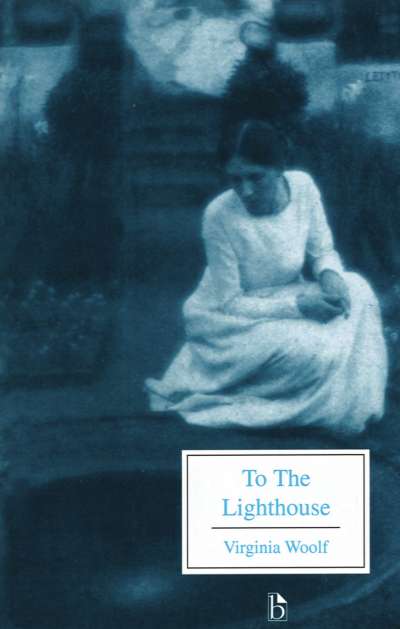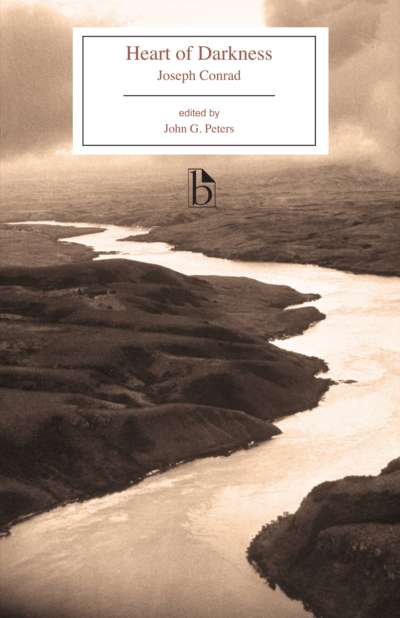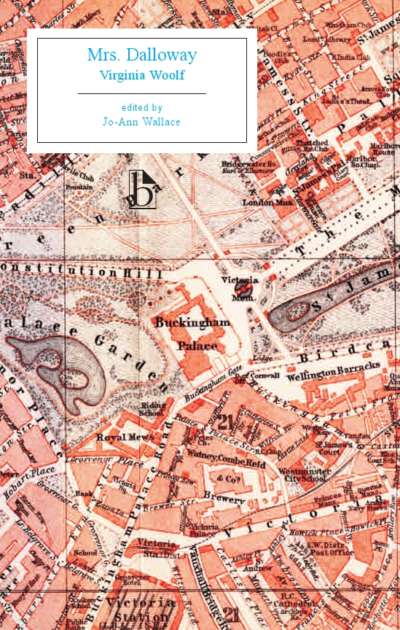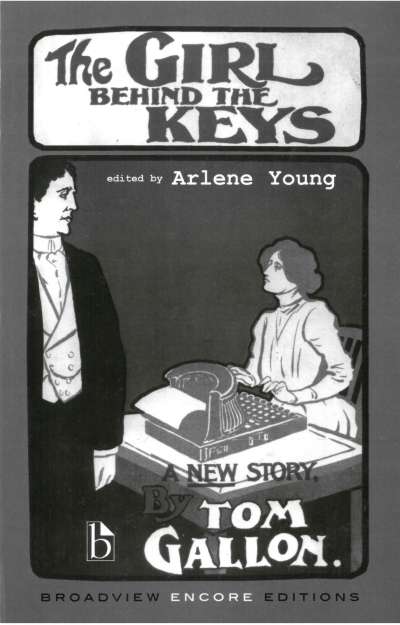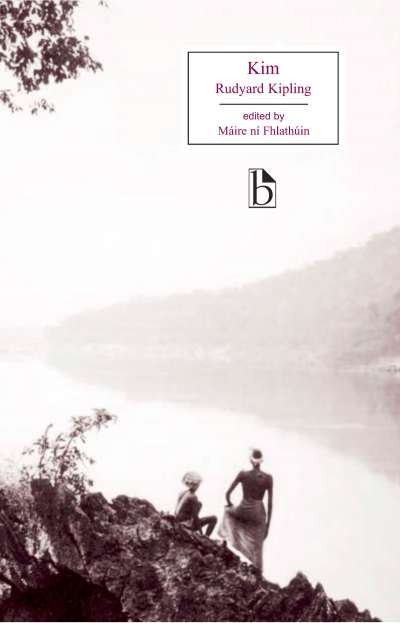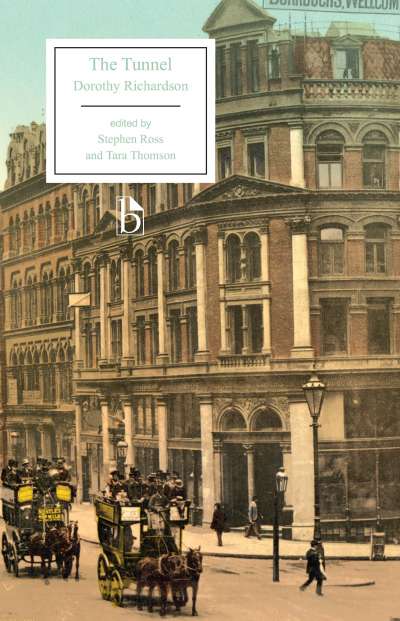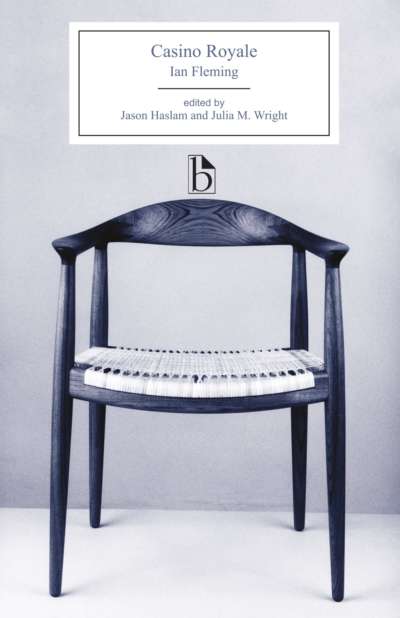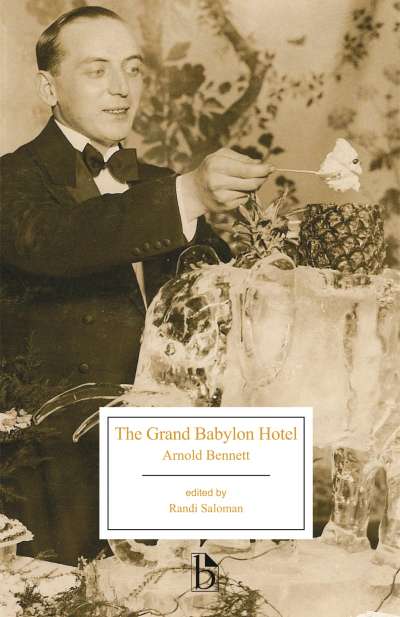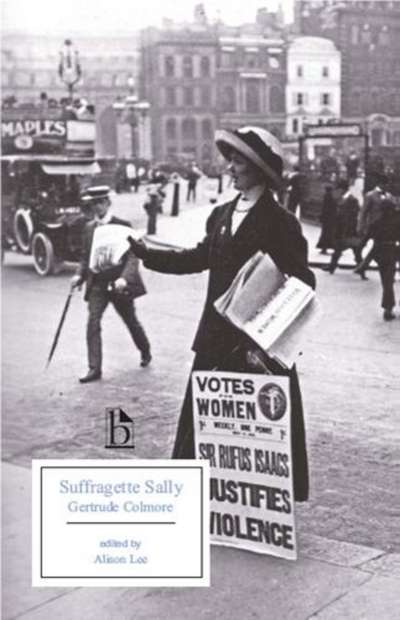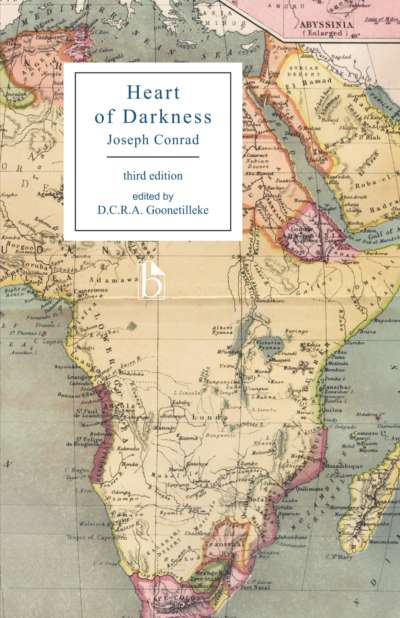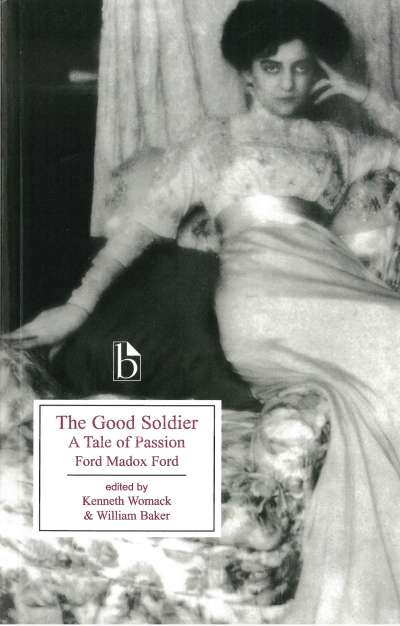Nostromo, first published in 1904, is arguably Conrad’s greatest and most complex novel. A compelling adventure story, it is also a novel of profound psychological insight and of powerful political implications. It tells the story of a Central American state whose silver mine serves both literally and metaphorically as the source of the country‘s value. Written at the time of the development of the Panama Canal, Nostromo is set in the imaginary province of Sulaco, which secedes from the federation of Costaguana in order to protect its natural resource, the silver mine. The parallels with the ‘revolution’ fomented in Panama by the United States in 1903 are striking; just as Panama seceded from Colombia to satisfy the material interests of the canal builders, so the secession of Sulaco serves the material interests of ‘the Gould concession.’ In this edition a variety of documents from the period (including material concerning American involvement in Central America in the early twentieth century, early critical notices, and family letters of Conrad’s) help to set the text in context.
Comments
“Ruth Nadelhaft’s new edition of Nostromo is a timely addition to the Broadview Editions series. Without neglecting the traditional critical and biographical approaches, the supplementary materials and lucid introduction place Conrad’s difficult masterpiece fully and clearly within its contemporary contexts (especially the events surrounding the Panama Canal project), and in relation to our own debates about imperialism, colonials, and alleged racism in Conrad’s work. Broadview’s Nostromo, like its companion volumes, is truly a text for the way we teach now.” — David Latané Jr., Virginia Commonwealth University
“Nadelhaft negotiates the impasse between existential and political responses to the book. In reaffirming that the personal is the political, she demonstrates how Nostromo represents the process whereby ‘imperialism transmits the virus of alienation.’ Joined with the historical apparatus so characteristic of Broadview Editions, such theorizing genuinely reopens a book that hasn’t yet received its due.” — Michael Coyle, Colgate University


